Search
Search within
1446 results found
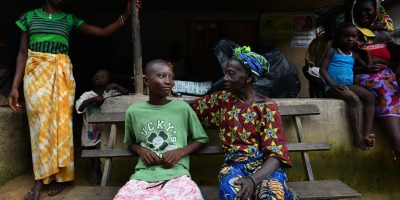
Briefing
Caring as Existential Insecurity: Quarantine, Care, and Human Insecurity in the Ebola Crisis
In August of this year, when the Ebola outbreak escalated in Liberia and a state of emergency had been declared for the country, Fatu Kekula, a young Liberian nursing student, improvised personal protective equipment (PPE) to care for her father,…
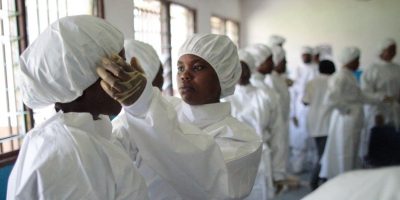
Briefing
Ebola 2014: Chronicle of a Well-Prepared Disaster
The current crisis is not a nightmare unfolding in front of our eyes, as in a “disaster movie.” It is not an anomaly or an accident which has afflicted public health services unexpectedly. It is also not, to use development…

Evidence review
The Economics of Malaria in Africa
Malaria still claims a heavy human and economic toll, specifically in sub-Saharan Africa. Even though the causality between malaria and poverty is presumably bi-directional, malaria plays a role in the economic difficulties of the region. This article provides an analysis…
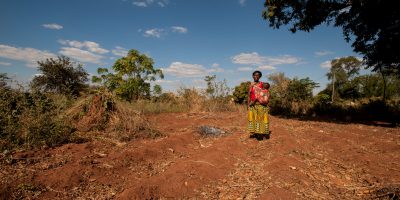
Evidence review
Changes in Climatic Factors and Malaria in Uganda
The study examines the relationship between climatic factors and reported malaria cases using data from 12 districts in Uganda over the period 2000-2011. A panel dataset comprising temperature, temperature standard deviation; minimum humidity; maximum humidity; precipitation; precipitation standard deviation; malaria…
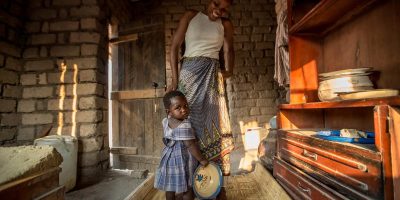
Briefing
The Microeconomic Impact of Interventions Against HIV/AIDS, Tuberculosis and Malaria
While the majority of interventions against HIV/AIDS, tuberculosis, and malaria had positive short-term effects, these were frequently not translated into long-term sustainable results.Cash transfers may have the potential of reducing HIV transmissions but the effect is so far insignificant.Increased access…

Evidence review
Health Shocks and Coping Strategies. State Health Insurance Scheme of Andhra Pradesh, India
The objectives of the study are three-fold: to investigate who are vulnerable to welfare loss from health shocks, what are the household responses to cope with the economic burden of health shocks and if policy responses like state health insurance…

Briefing
Malaria Control in Emergencies: Time for Action
Estrella Lasry, Tropical Advisor to MSF, on measures taken by the organisation to predict and prevent malaria outbreaks in emergency situations.
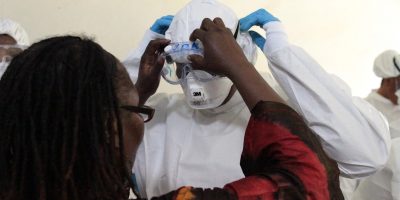
Background report
Ebola and Beyond: Equality, Sustainability, Security – Interlaced Challenges in a Global Development Era
The 2014 Ebola crisis in West Africa is a global emergency and a set of personal tragedies. But beyond the urgent headlines and struggles to control the epidemic, what deeper stories should be told? This paper, originally presented as a…
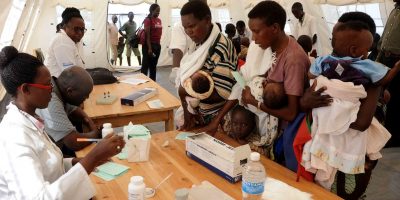
Background report
Prioritising Health Activities in Humanitarian Crises
The Sphere Humanitarian Charter states that: All people should have access to health services that are prioritised to address the main causes of excess mortality and morbidity. There are a number of handbooks to aid prioritisation in crisis situations (highlighted…
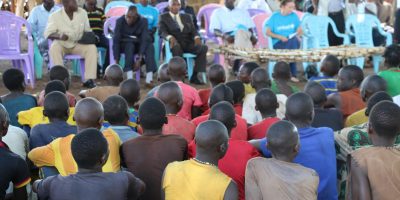
Evidence review
Revisiting Therapeutic Governance: The Politics of Mental Health and Psychosocial Programmes in Humanitarian Settings
In the last thirty years, humanitarian programmes have increasingly sought to preserve not only physical life and health, but also to address psychological needs and promote social well-being. This growing prioritisation of psychological issues in humanitarian settings can be seen…

Evidence review
Including People with Disabilities in Emergency Relief Efforts
More must be done to ensure the needs and rights of people with disabilities are fully recognised in disaster risk reduction and emergency responses. Accelerating progress will require inclusive humanitarian programming and the use of technological solutions to be effectively…
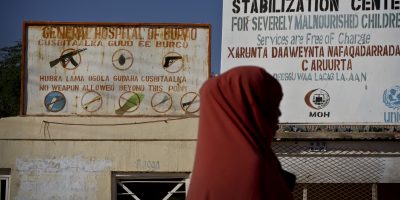
Evidence review
Somali Health Care System and Post-Conflict Hybridity
The aim of this article is to contribute to this understanding of the wider health care system in a post-conflict Somali context, in particular in Somaliland. The fieldwork included participant observation and interviews of several local healers and their patients…


